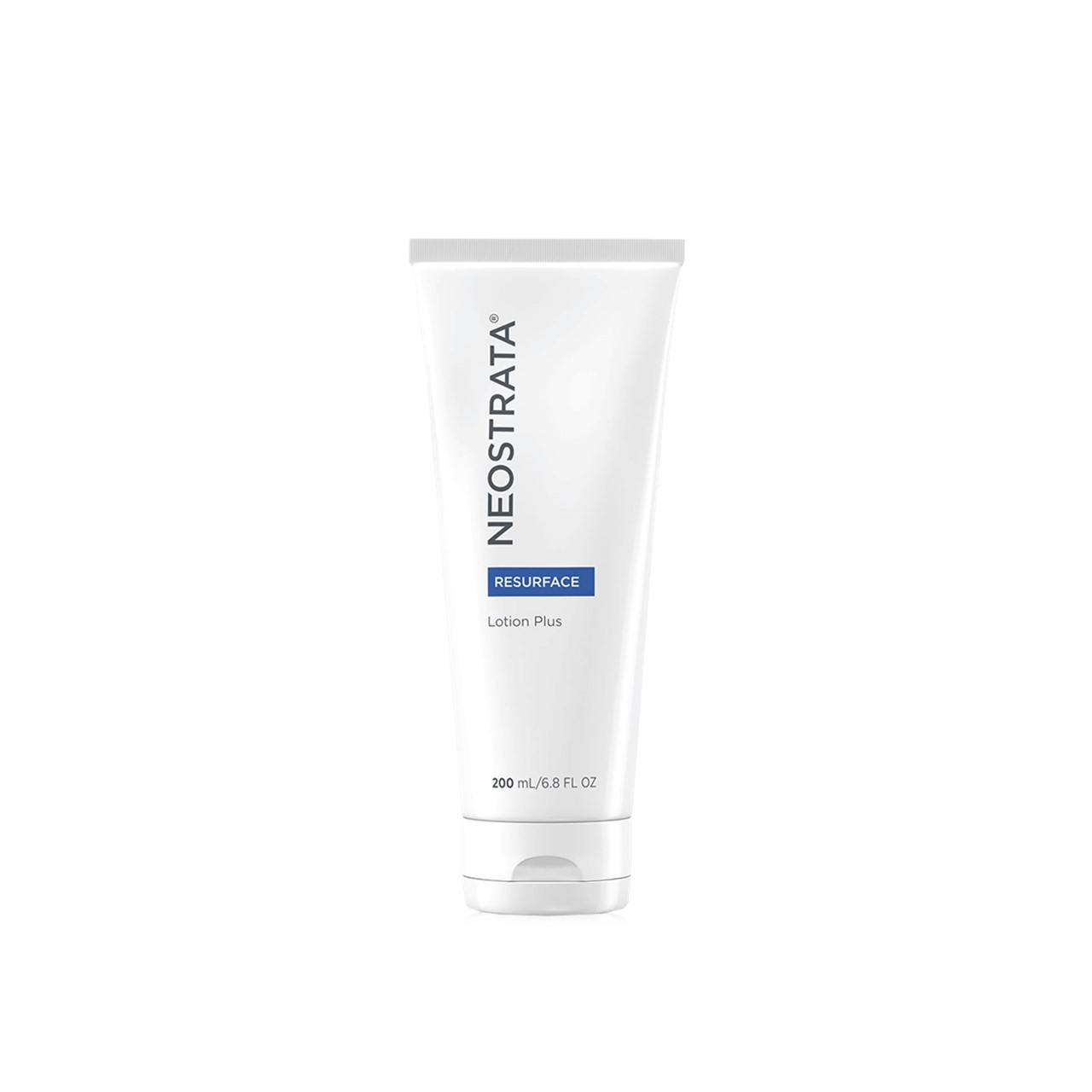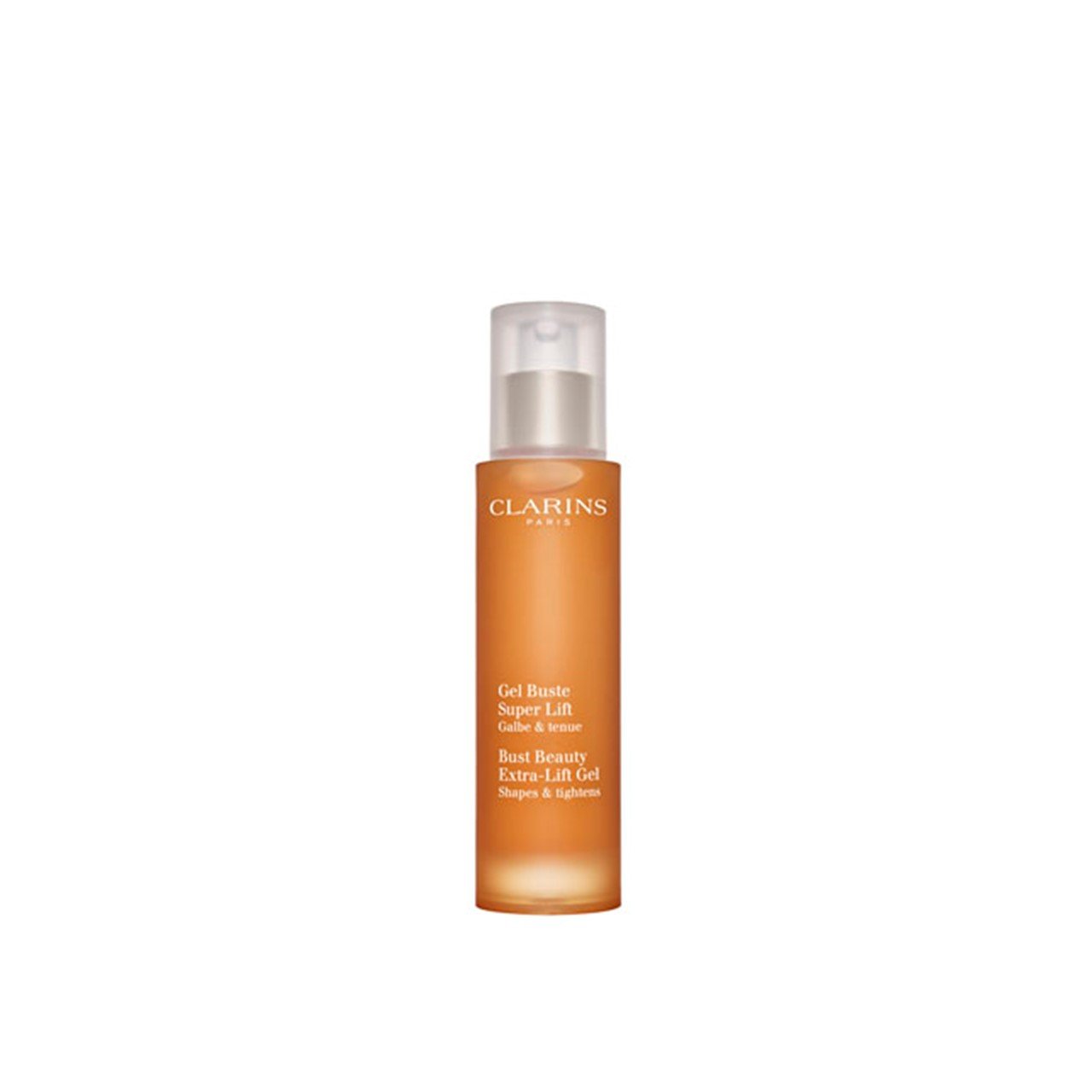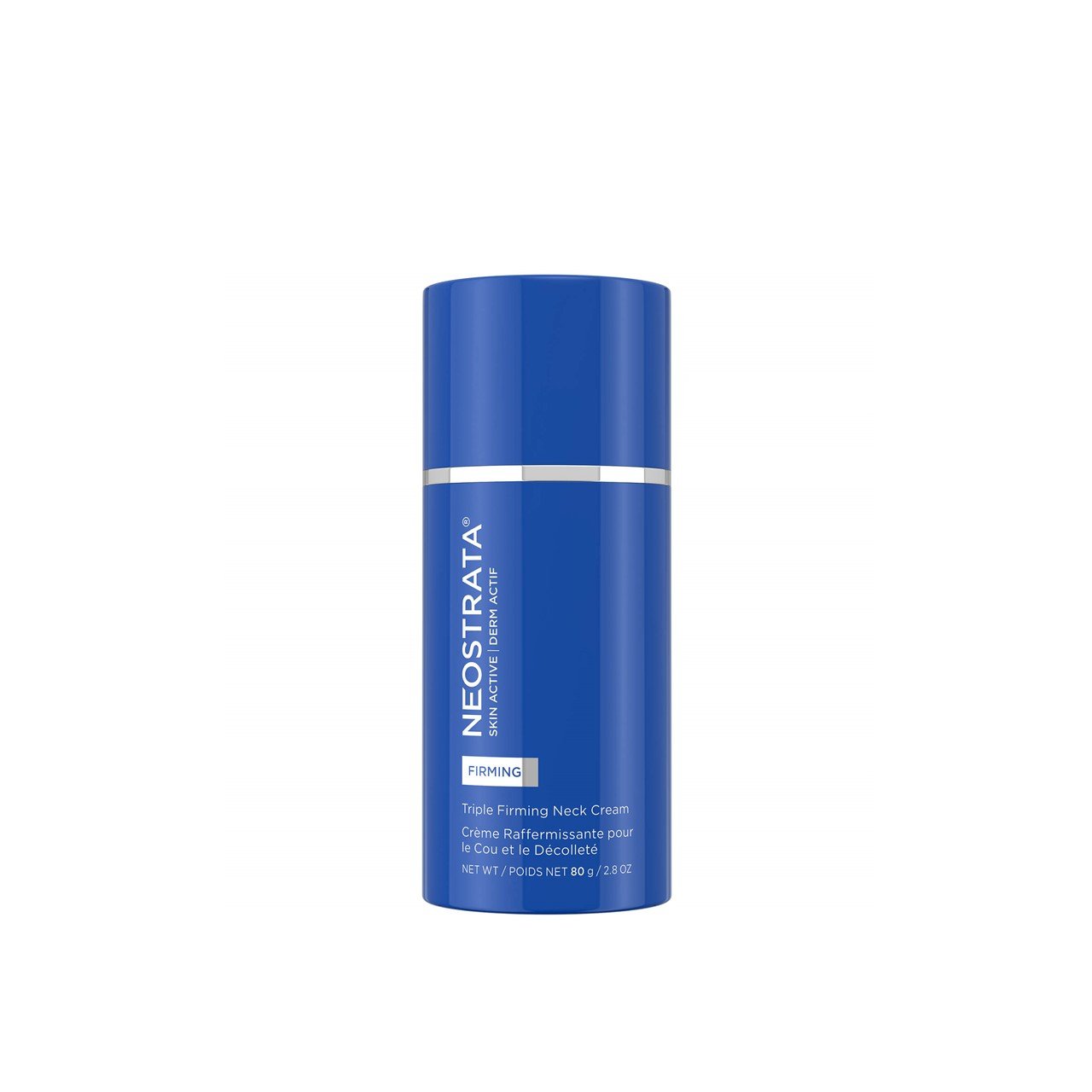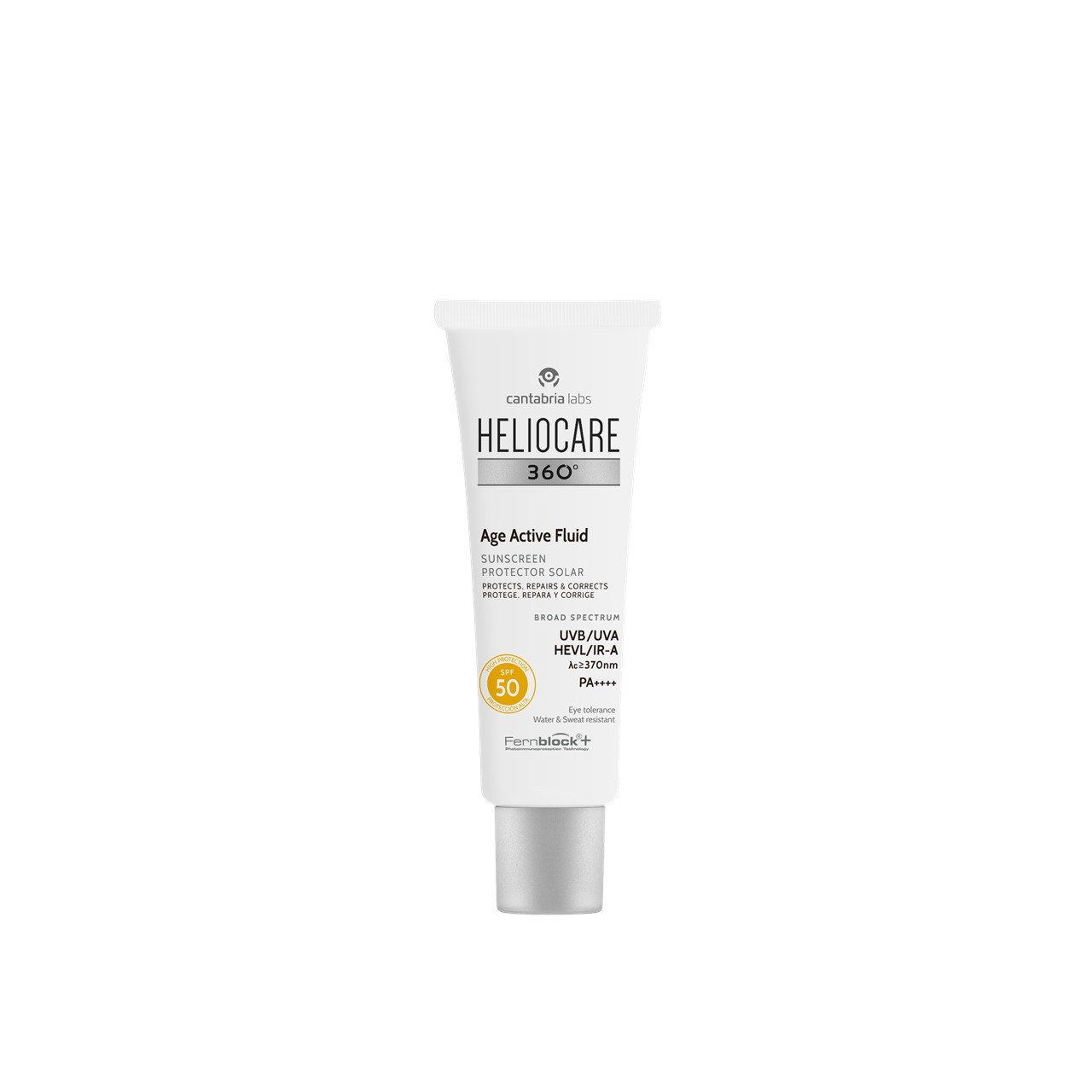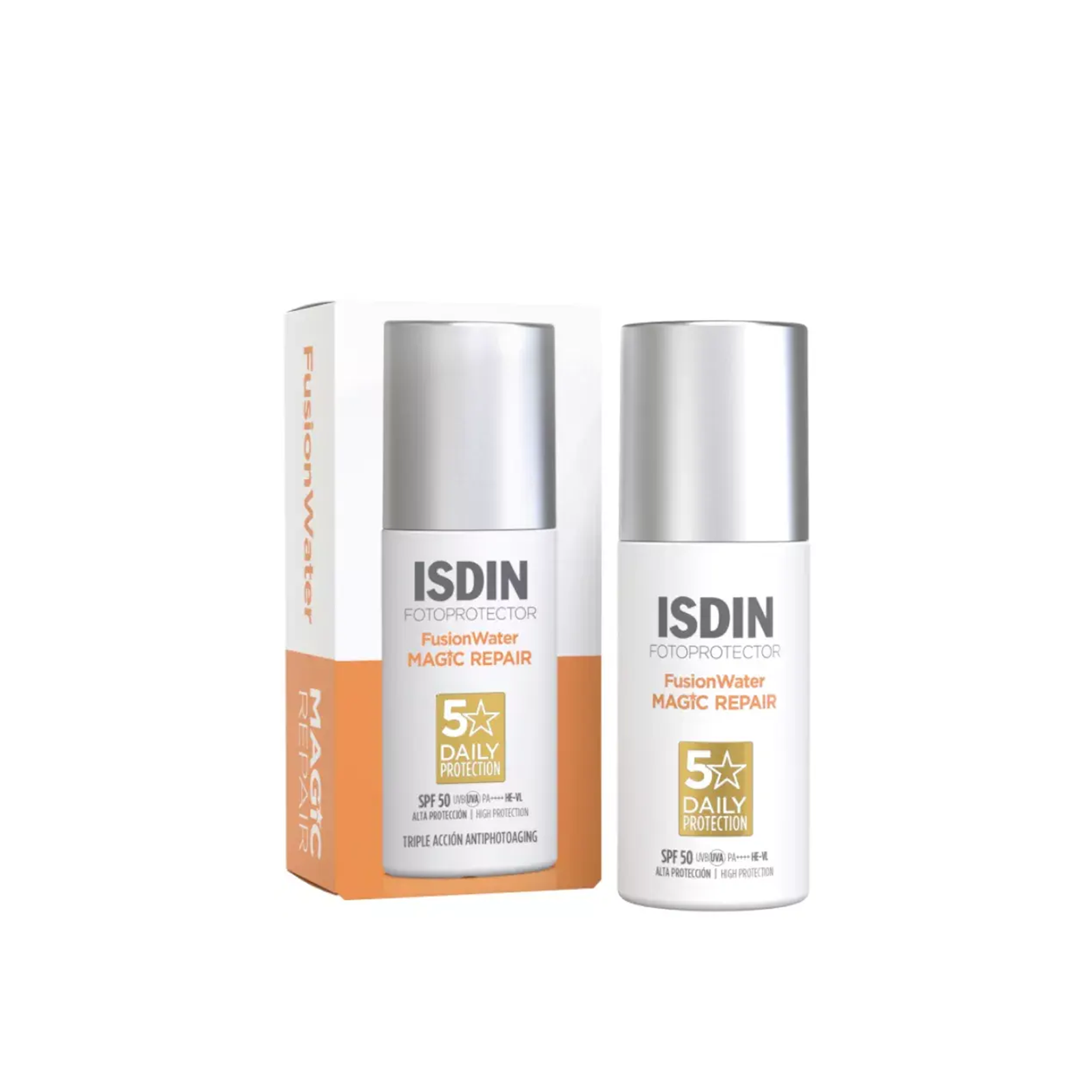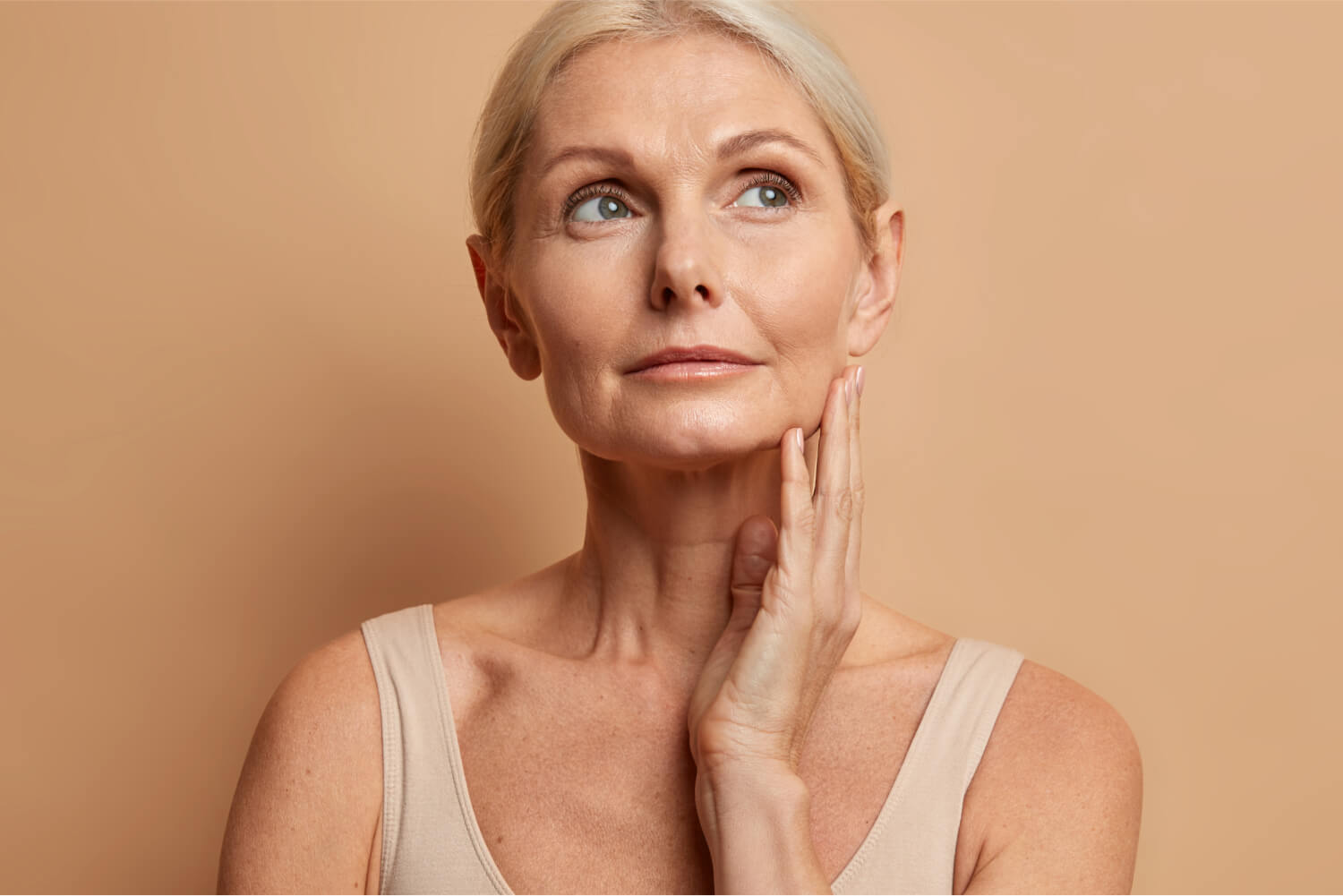
There is an almost universal issue that affects both casual wearers and hardcore skincare fans: we worry a lot about protecting our face from the sun, but we end up neglecting our neck, chest and décolleté in the process. Over years and years of sun exposure, this can result in sun damage, which can take many forms: wrinkles, crepey skin, dark spots, you name it. If this sounds familiar to you, then keep reading: we’ll tell you everything you can (and cannot) do to repair sun damage on your chest, from cosmetic procedures to at-home skincare.
What sun damage looks like on the chest
Let’s start from the beginning. What does sun damage actually look like, and how do you know if you have signs of sun damage on your chest? For better or worse, the signs of sun damage tend to be similar in different areas of the skin; whether on your face or your chest and décolletage, sun damage is likely to cause symptoms like wrinkles, loss of skin density and elasticity, and pigmentation changes (which can manifest as either dark spots or white spots).
These signs can be particularly visible on your chest, given that this is a wide, exposed area that tends to take the brunt of sun exposure not only when you sunbathe, but also just when you walk around without sunscreen. As such, it isn’t uncommon for many people–mostly women–to notice that the skin of their chest looks thin and wrinkled, with an almost “crepey” appearance.
If this sounds like you, there are some options to help you try and reverse this sun damage. If you’re willing to try aesthetic and cosmetic procedures, lasers, fillers, and chemical peels may be good options; if you’d rather stick to skincare, keep reading.
How to repair sun damaged skin with at-home skincare
If you’re looking to repair or reverse sun damage on your skin with skincare, we can recommend a couple of viable options. Our recommendations will depend on the signs of sun damage that you are most focused on reducing. A product more focused on dark spot correction may not be the most suitable for correcting loss of density and firmness. Therefore, we will try to target our recommendations to specific concerns.
However, you should be aware that skincare may not be enough to reverse sun damage on your chest. Oftentimes, sun damage is a result of years and years of sun exposure, and there’s a limit to what skincare can achieve. When it comes to reducing wrinkles, for example, fine lines originating from dehydration may be easily improved, but deeper wrinkles may be harder to correct. We’ll show you our best recommendations, but the final decision is yours:
Retinol serums for sun-damaged skin
Retinol is the gold standard when it comes to correcting signs of aging. It’s effective on your face, and it will also be effective on your chest. Retinol promotes cell turnover and stimulates the skin’s ability to promote collagen production, so it’s a fantastic ingredient to reduce signs of aging–whether they’re wrinkles, loss of firmness, or dark spots. Another great benefit of retinol is that it can help smooth and refine the skin texture, which comes in handy if you’re targeting wrinkled, crepey skin that feels nearly paper-like.
In this case, we recommend that you choose more affordable retinol products, so that you can use them freely on the entire chest and décolleté without having to be mourn the cost of the product.
If you are new to using retinol, then we also advise you to take all the usual precautions when introducing this ingredient into your routine; always patch test the product in a small area of skin, and then start by using it only 2 to 3 times a week. Gradually work your way up to using the product every evening, and make sure to interrupt the use if you experience any sensitivity, redness, or discomfort.
Brightening acids for dark spots and texture
For those looking to correct dark spots–one of the most common signs of sun damage–, skincare acids can also be a good option. AHAs, like glycolic acid, for example, gradually exfoliate the skin and help reduce the appearance of superficial dark spots and patches of hyperpigmentation, leaving the skin looking more even. At the same time, exfoliating acids can be good allies to improve skin texture. Glycolic acid is a particularly good option for those who want to refine the grain of the skin and achieve a smooth, even complexion.
And speaking of acids of the non-exfoliating variety, there’s always tranexamic acid. When it comes to anti-dark spot ingredients, tranexamic acid is one of the most effective, and can be used on both the face and the body.
Firming creams for the neck and chest
For some people, a lack of density and firmness may be a higher priority than dark spots or uneven texture. As the skin of the chest ages, it tends to lose firmness, and this is particularly noticeable in the formation of deep, often vertical, wrinkles that form down the center of the chest and between the breasts. To address this type of concern, there are several firming products on the market that can help a lot with the concerns of this specific area.
Sunscreen for prevention–every single day!
Sunscreen isn’t just for preventing sunburns on the beach; indeed, sunscreen is the best anti-aging product you can ever use, and the best preventive against sun damage. Sunscreen is also the “shield” that allows you to use many of the products we’ve mentioned in relative safety. As retinol and exfoliating acids can increase your skin’s sensitivity to sunlight, using them in your skincare routine and then foregoing sunscreen will end up undoing much of their benefits.
If you’re truly serious about repairing sun damage on your chest, then you must get used to the idea of applying sunscreen all the way down from your forehead to your décolletage.
Now that we’ve shared our best tips on how to repair sun damage on your chest with at-home skincare, you can make a decision that best fits your concerns: will you be opting for retinol, exfoliating acids, or something else ? Whatever you do, don’t forget: sunscreen is king, and it will help you the most in the prevention and correction of sun damage!
Beauty Writer & Editor


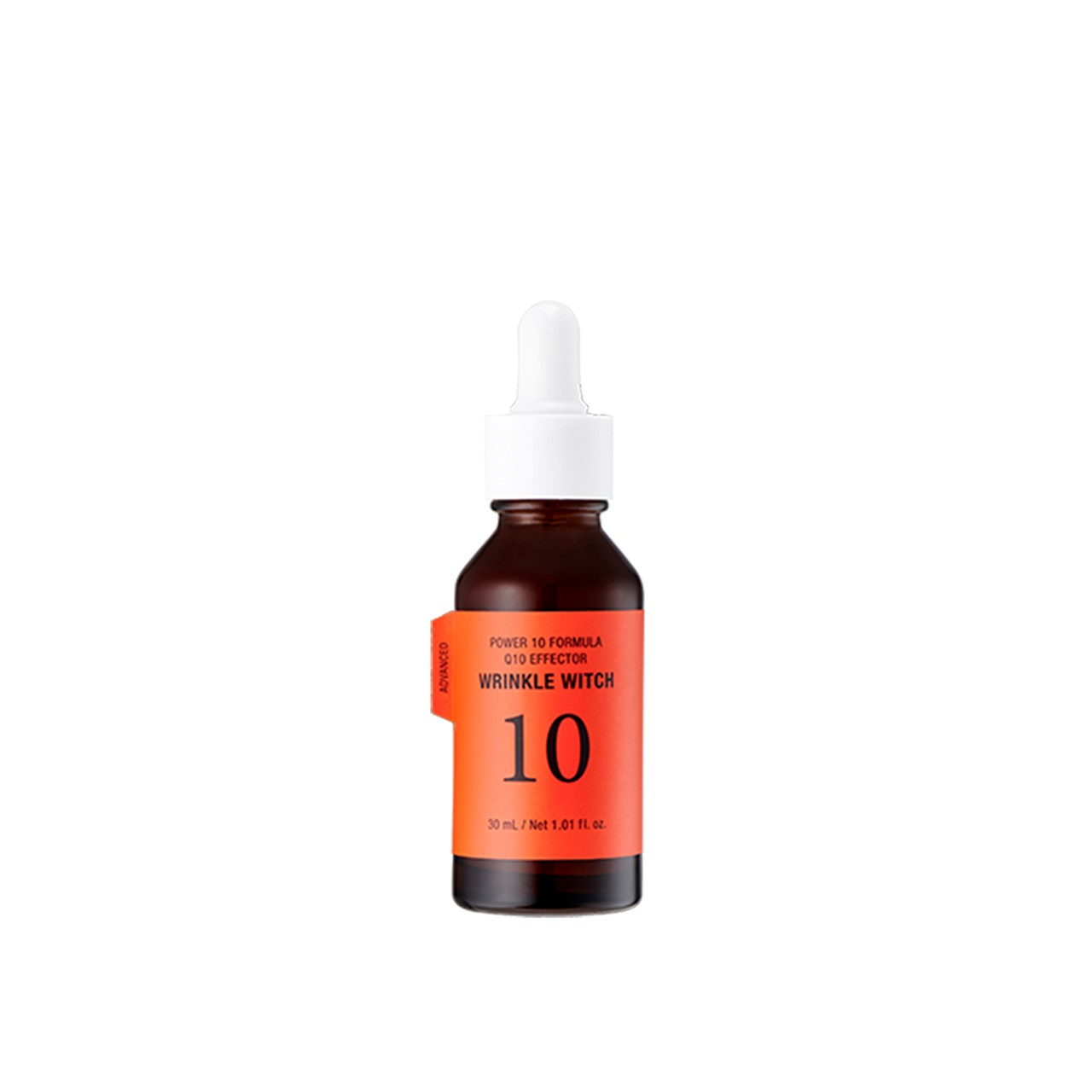
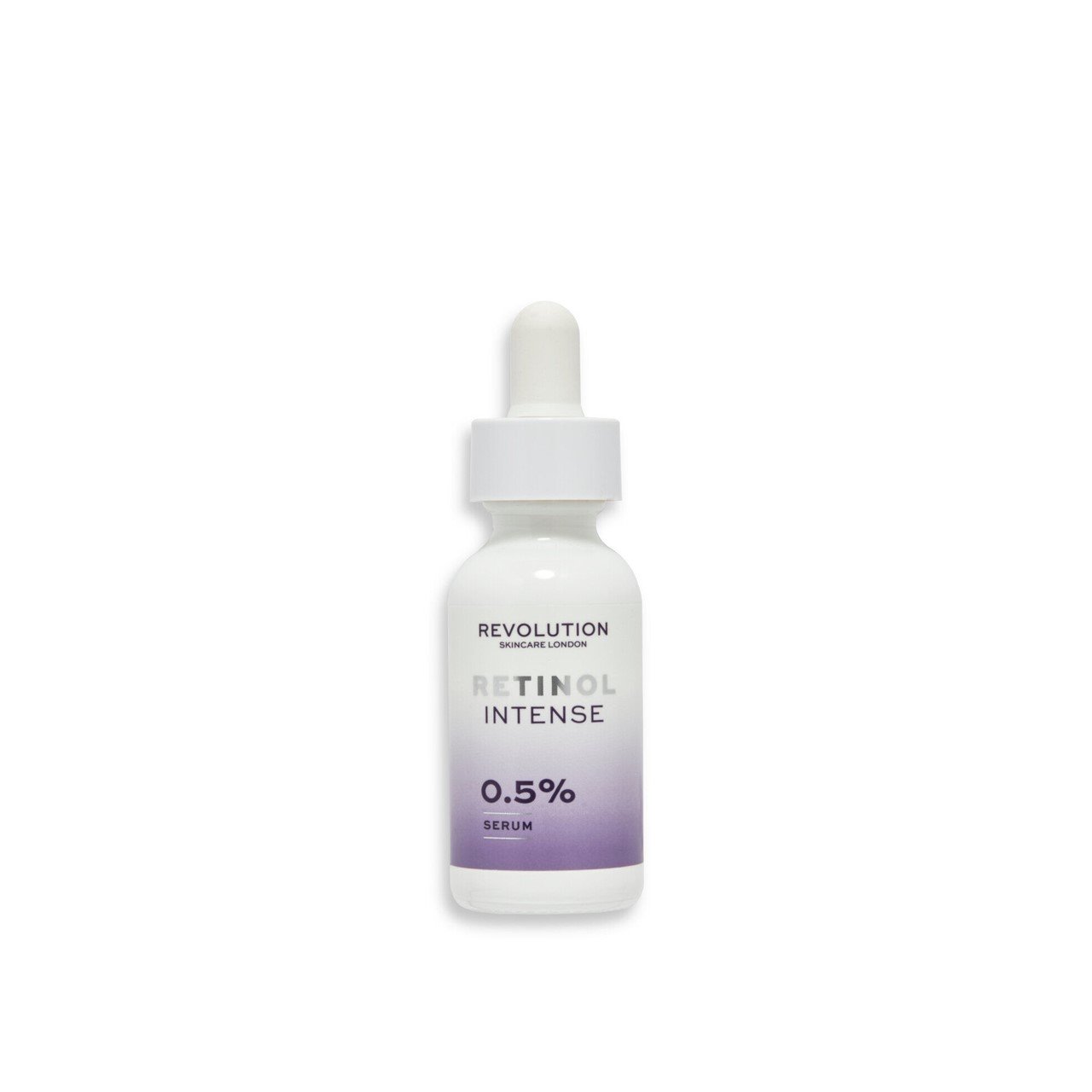
![Sensilis Skin D-Pigment [Serum ATX B3] Corrective Treatment 30ml](https://static.beautytocare.com/media/catalog/product//s/e/sensilis-skin-d-pigment-serum-atx-b3-corrective-treatment-30ml.jpg)
